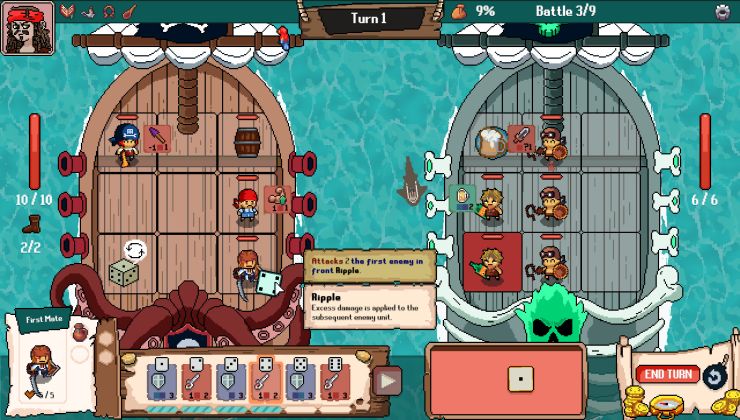Microsoft just announced that the Windows Subsystem for Linux is now officially open source. While it doesn't necessarily mean much for traditional desktop Linux, it's still a nice move.
For those who have never used it, or don't know what it is: it's a feature of modern Windows that allows you to run a Linux environment on your Windows machine, without the need for a separate virtual machine or dual booting.
Writing on the official Windows blog the announcement mentions that there's still a couple of bits that are not open source, but a big step forwards for it. It also goes over a brief bit of history of it like how they had to separate it from the Windows code-base to enable Microsoft to keep up with the growing community and feature requests.
Over the years we’ve been incredibly lucky to have a strong community supporting WSL from day 1. We’ve been blessed with people sharing their knowledge, and spending countless hours to help track down bugs, find the best ways to implement new features and improve WSL.
WSL could never have been what it is today without its community. Even without access to WSL’s source code, people have been able to make major contributions that lead to what WSL is now.
This is why we’re incredibly excited to open-source WSL today. We’ve seen how much the community has contributed to WSL without access to the source code, and we can’t wait to see how WSL will evolve now that the community can make direct code contributions to the project.
Pierre Boulay, Microsoft
We really have come a long way from the Microsoft of old.
Call me an idiot but this sound more like a PR stunt then actual meaningful open source contribution to me.
We really have come a long way from the Microsoft of old.I'm going to have to disagree. Microsoft open sourcing anything is like a serial killer stabbing you 10 times then offering a sticky bandage.
They'll never change. None of the billionaire-owned mega-corps will.
Great! Question. Can I install it on Linux? yeah, its called distrobox and have been arround for a while
We really have come a long way from the Microsoft of old.:grin:
https://www.linuxfoundation.org/about/members
The executive director of the Linux Foundation has a many a piece where he's gushing about their 'great partnership' with Microsoft:
https://www.linuxfoundation.org/blog/blog/linux-foundation-and-microsoft-a-great-start-to-a-great-partnership
The lines between open source and proprietary software are blurring. Increasingly organizations are building even in-house technologies with open source methods. This includes Microsoft.https://www.linuxfoundation.org/blog/blog/microsoft-buys-github-the-linux-foundations-reaction
From participating in Node.js, the Core Infrastructure Initiative and other Collaborative Projects at Linux Foundation to its recent partnerships with Red Hat and SUSE, Microsoft is demonstrating a sincere, smart and practical approach to how it builds new technologies and supports its vast customer base. Microsoft open sourced .NET; it open sourced key parts of its web browser; and it uses Linux for its Azure Cloud Switch. The Linux Foundation and Microsoft share a common, strategic approach to technology development: balance internal R&D with external R&D to create the most important technologies of our time.
As we all evaluate the evolution of open source from the early days to now, I suggest we celebrate this moment. In a recent letter to congress I wrote that “the multi-decade progression toward the adoption and continual use of open source software (OSS) in developing modern technological products, solutions and services is permanent and irreversible. The majority of the world’s economic systems, stock exchanges, the Internet, supercomputers and mobile devices run the open source Linux operating system and its usage and adoption continue to expand. Billions of individuals may not know they’re using OSS every day, but their modern television, smart watch, camera, automobile and smartphone rely on OSS.”... so whatever nefarious plan they may have about Linux, it's *already* succeeded, and the wsl business probably isn't very consequential to that plan.
Open source developers changed our world. Microsoft gets that, which is why they purchased GitHub. I for one am excited to see the improvements they’ll make and will be shocked if Nat were to screw it up (no pressure Nat!).
Last edited by rhavenn on 20 May 2025 at 3:47 pm UTC
Great! Question. Can I install it on Linux?Yes it is called Distrobox :D










 How to setup OpenMW for modern Morrowind on Linux / SteamOS and Steam Deck
How to setup OpenMW for modern Morrowind on Linux / SteamOS and Steam Deck How to install Hollow Knight: Silksong mods on Linux, SteamOS and Steam Deck
How to install Hollow Knight: Silksong mods on Linux, SteamOS and Steam Deck